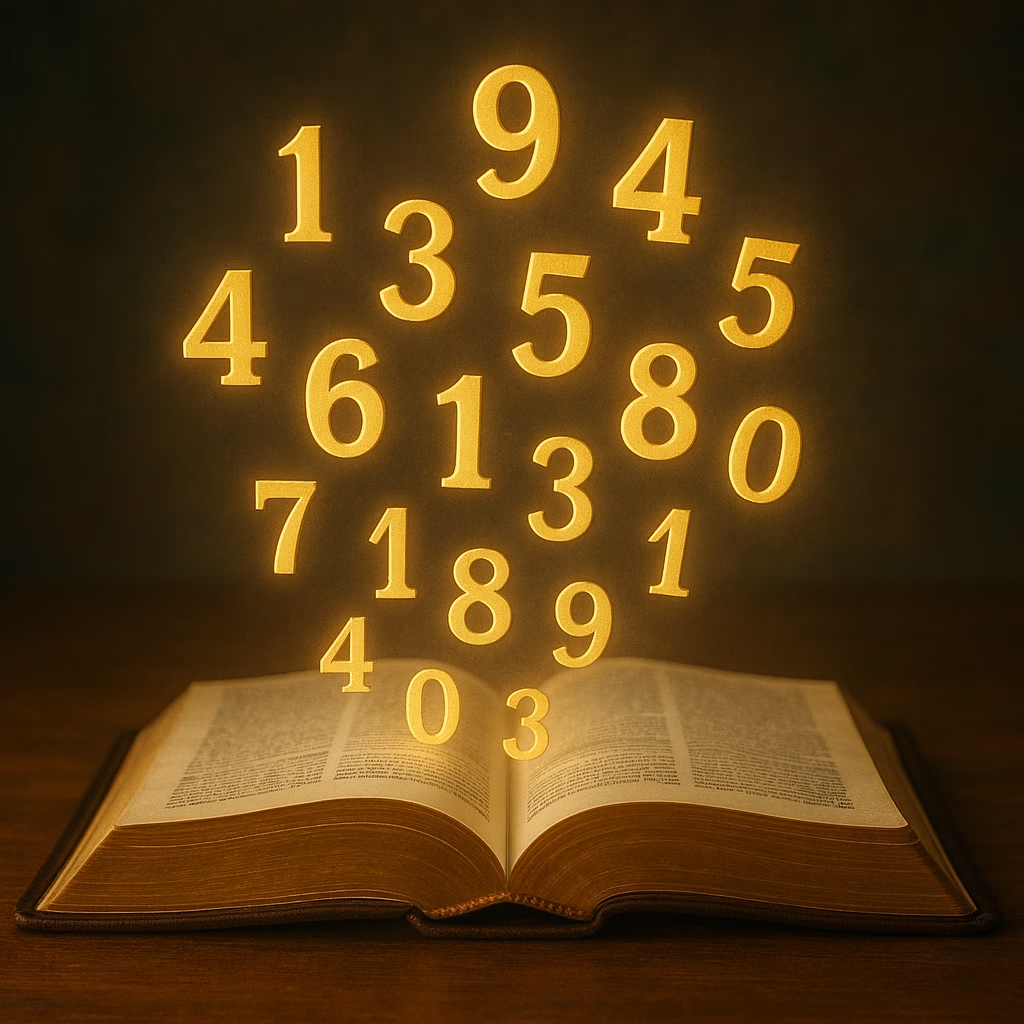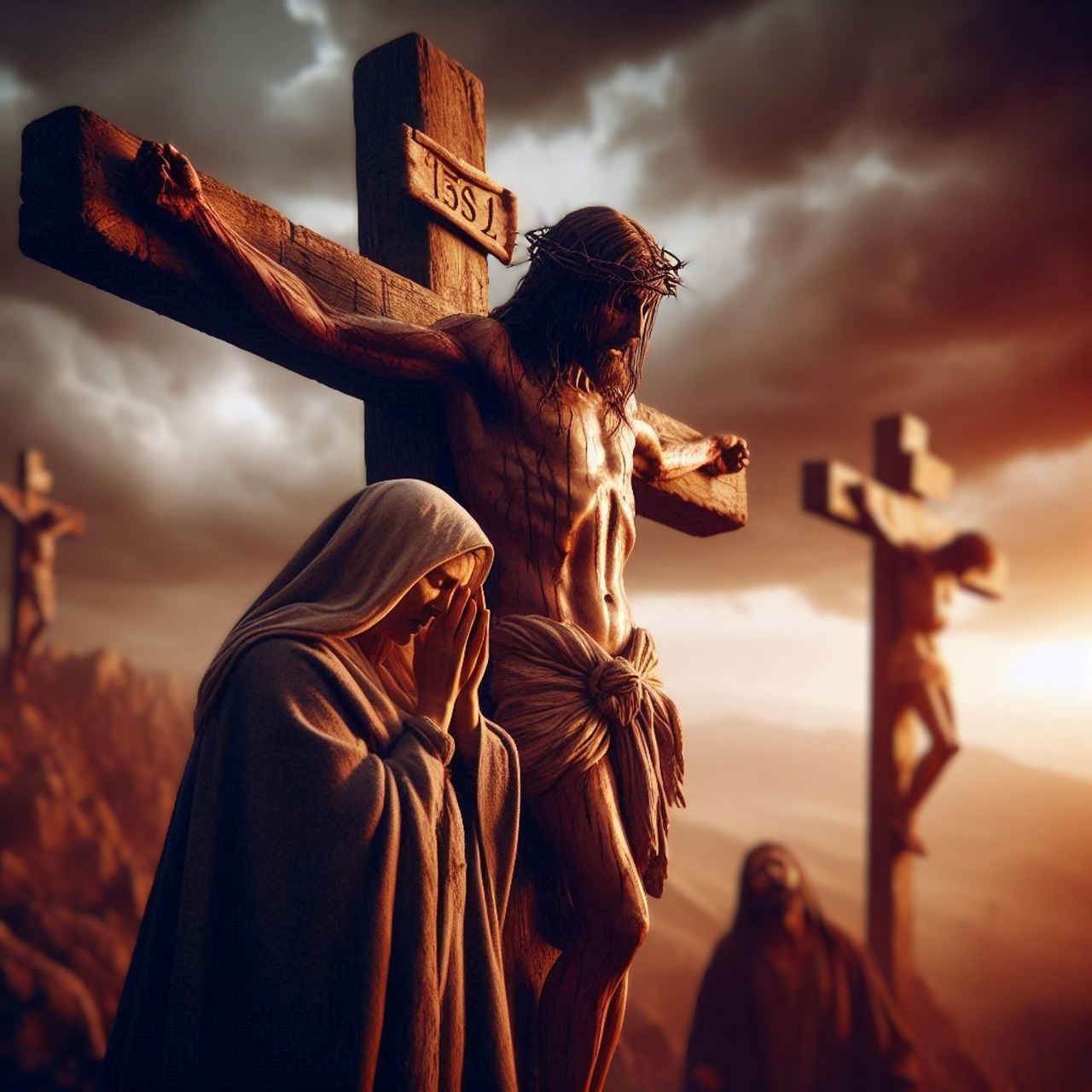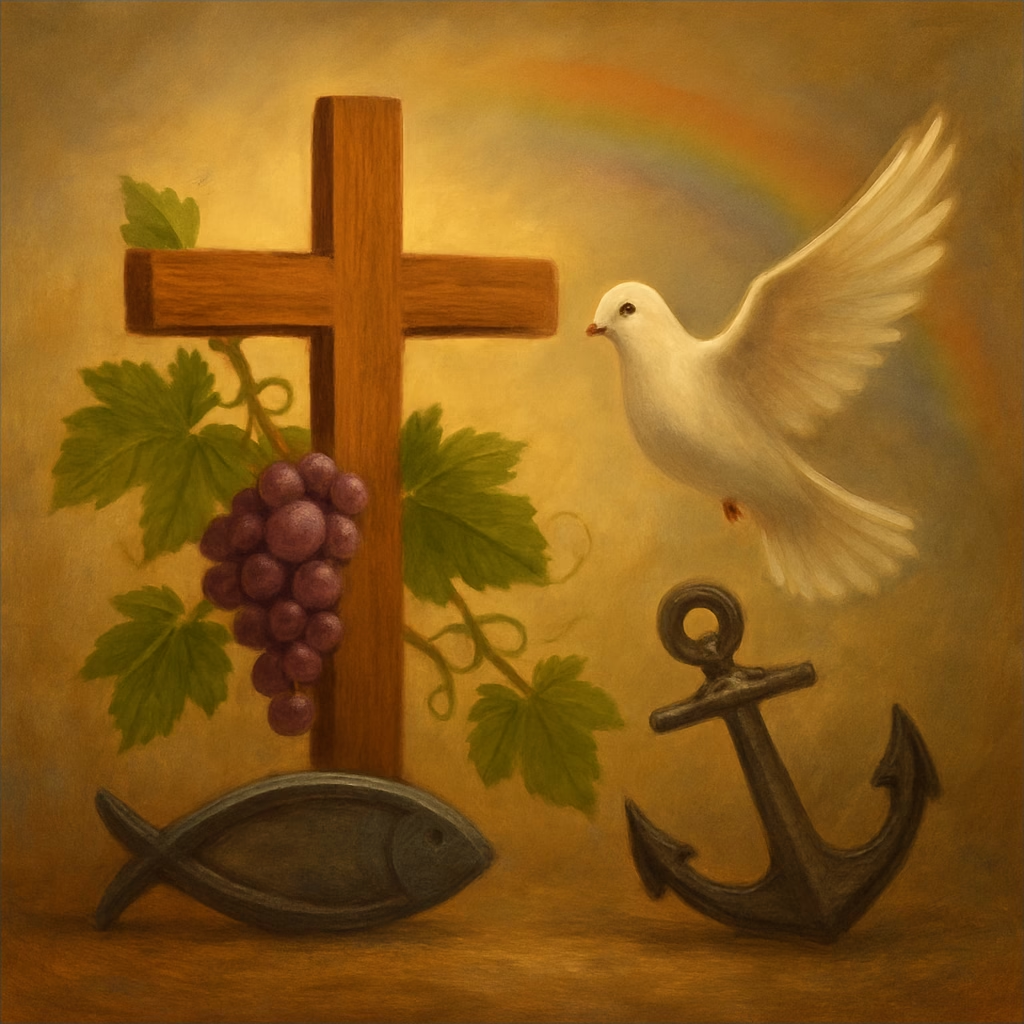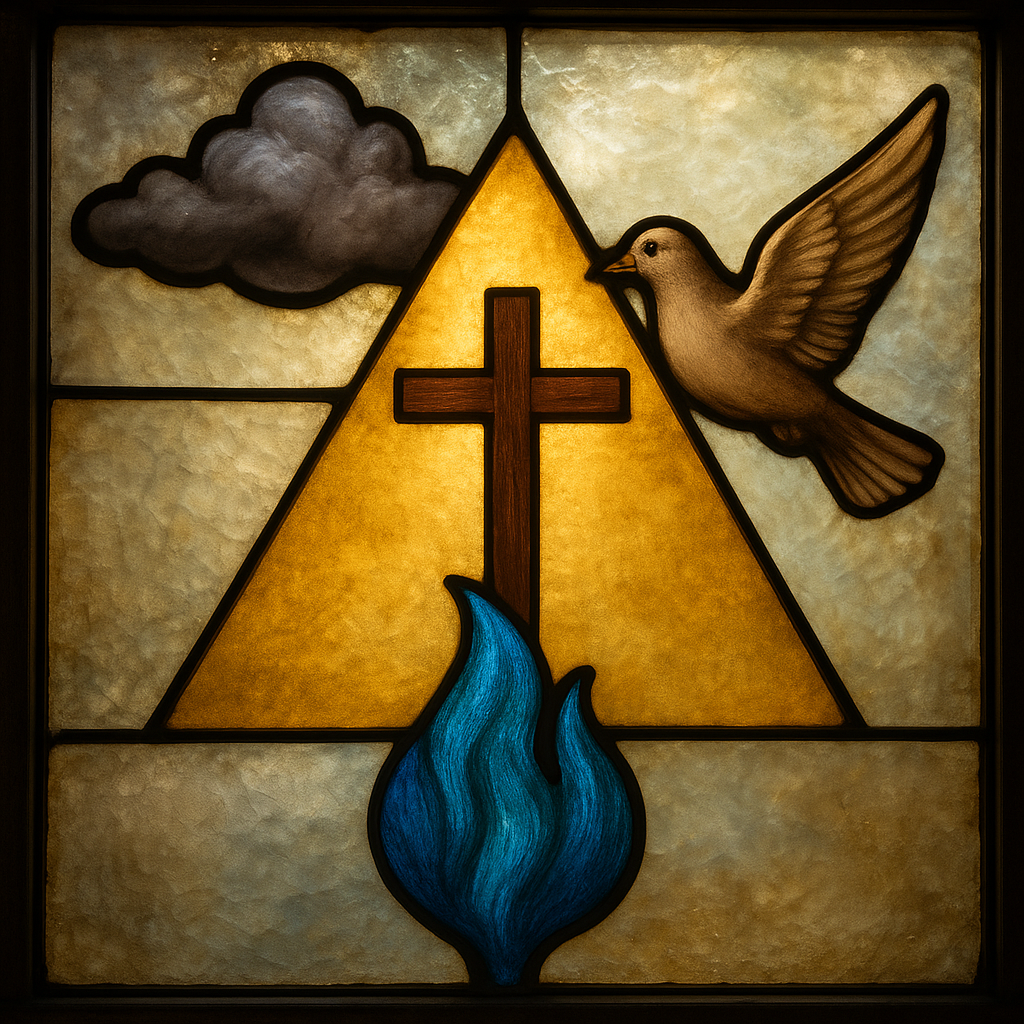In the Bible, numbers are far more than just figures. They are often symbolic, prophetic, and sacred, used by God to convey deeper spiritual truths. Understanding number symbolism through a Catholic lens helps us grasp the richness of Scripture and God’s divine design woven through time.
🔍 Why Do Numbers Matter in the Bible?
The Church teaches that Sacred Scripture is divinely inspired (CCC 105), and the repetition or emphasis of numbers is never random. Just as the sacraments use physical signs to convey spiritual realities, numbers in Scripture often serve as signs of divine truths.
🔢 Common Biblical Numbers and Their Catholic Meaning
✨ 1 – Unity and God’s Oneness
- Symbolizes God as the one true God (Deut 6:4).
- Reflects unity in the Trinity.
✨ 3 – The Trinity & Divine Perfection
- Father, Son, and Holy Spirit.
- Jesus rose on the third day.
✨ 7 – Spiritual Perfection & Fulfillment
- God created the world in 6 days and rested on the 7th.
- There are 7 Sacraments.
- Symbol of completeness in the Catholic faith.
✨ 12 – God’s People & Authority
- 12 tribes of Israel.
- 12 Apostles = fullness of the Church’s foundation.
✨ 40 – Testing, Trial, and Transformation
- Israelites wandered for 40 years.
- Jesus fasted for 40 days in the desert.
- Lent is 40 days of preparation.
Catholic Insight: The number 40 reflects spiritual preparation, pruning, and divine purpose. It’s not just about endurance, but transformation.
🧠 Does the Church Support Biblical Numerology?
The Catholic Church does not endorse occult numerology, but it does support sacred symbolism found in Scripture. As long as interpretations:
- Are grounded in Church teaching,
- Do not contradict revealed truths,
- And point to God’s glory,
…they can deepen our understanding of divine revelation.
🕊️ Devotional Takeaway
“God speaks in patterns. Numbers are part of His language.”
When you see repeated numbers in Scripture, or in your life – pause. Ask the Holy Spirit what God may be showing you. Whether it’s 3 (Trinity), 7 (wholeness), or 40 (growth), He may be inviting you deeper into His mystery.
🙏 A Short Prayer for Spiritual Insight
Lord God,
Your Word is rich with meaning and truth.
Open my eyes to see what You reveal in Scripture –
even through signs and symbols like numbers.
Let me grow in wisdom, not superstition,
and always draw closer to the heart of Your Son, Jesus Christ.
Amen.
🙋♀️ Frequently Asked Questions
❓ Is numerology allowed in Catholicism?
The Church rejects occult numerology (CCC 2116). It acknowledges symbolic numbers in Scripture as part of God’s design. It’s about seeking God’s meaning, not hidden codes.
❓ What is the significance of 40 in the Bible?
In Catholicism, 40 symbolizes preparation, testing, and renewal. Examples: the Great Flood (40 days), Moses on Sinai (40 days), Jesus in the desert, and Lent.
❓ What number is most important in the Bible?
Many numbers hold significance. The numbers 3 (Trinity) and 7 (completion, sacraments) carry deep meaning in Catholic theology.
❓ Can I use number symbolism in personal prayer?
Yes, when it’s used reverently and in line with Scripture and Church teaching. It can enrich your Lectio Divina, journaling, and examen.
📌 Final Thoughts
Numbers in the Bible are not superstition, they are sacred symbols that guide us toward deeper understanding of God’s eternal truths. As Catholics, we’re invited to meditate on the beauty of Scripture, even in its structure and repetition.
Let us seek God not just in words – but in the patterns He places before us.
💬 Found this helpful? Share it with someone who’s curious about faith and Scripture!
🕯️ Keep trusting God’s plan – He reveals it in ways both bold and beautifully subtle.






